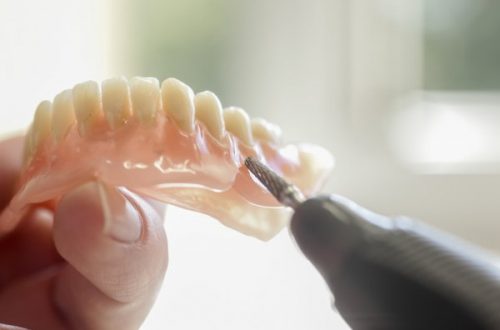Beyond Addiction The Role of Behavioral Therapy in Emotional Healing
Addiction, whether to substances or behaviors, often has deep emotional roots that go beyond the mere physiological need for a substance. While detoxification and medication can help manage the physical aspects of addiction, the emotional and psychological dimensions require a more profound approach. Behavioral therapy plays a central role in this healing process, offering a framework for individuals to rebuild their emotional lives and reclaim their sense of self. Behavioral therapy, particularly Cognitive Behavioral Therapy CBT and Dialectical Behavioral Therapy DBT, has proven to be highly effective in treating addiction by addressing the underlying emotional issues that often fuel destructive habits. CBT, for example, helps individuals identify negative thought patterns and learn how to reframe them in a healthier, more productive way.
This approach empowers patients to recognize how their thoughts influence their behaviors and to develop coping strategies that do not rely on substances or compulsive behaviors for relief. One of the primary benefits of behavioral therapy is its focus on emotional regulation. Addiction is frequently linked to the inability to manage overwhelming emotions such as anxiety, depression, and trauma. People struggling with addiction may turn to substances as a means of self-medication to numb painful feelings. Through behavioral therapy, individuals can learn how to process these emotions in a safe, structured way, reducing the need to escape through addictive behaviors. Moreover, therapy also addresses the importance of social and environmental influences on addiction. Behavioral therapies often include a focus on the relationships and external triggers that contribute to substance use or compulsive behavior. By examining and modifying these external stressors, individuals can develop a more supportive environment that fosters long-term recovery.
Another aspect of emotional healing is the development of self-compassion and resilience. Many people battling addiction experience feelings of shame or guilt, which can impede their recovery. Behavioral therapy fosters an environment where individuals can explore and challenge these negative emotions, gradually rebuilding their self-esteem. Over time, couples rehabs near me patients can learn to accept their past mistakes and focus on the present, enabling them to move forward with a sense of empowerment and hope. behavioral therapy is a cornerstone of emotional healing in addiction recovery. It goes beyond managing physical withdrawal symptoms by helping individuals understand and address the psychological and emotional factors driving their behaviors. With the right therapeutic support, individuals can build healthier relationships with themselves and others, paving the way for lasting emotional well-being and recovery.


